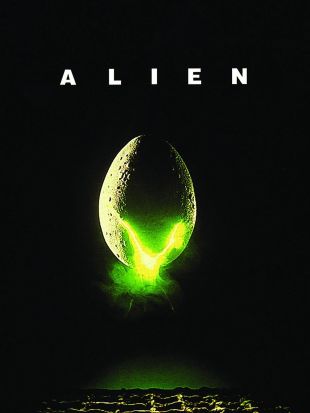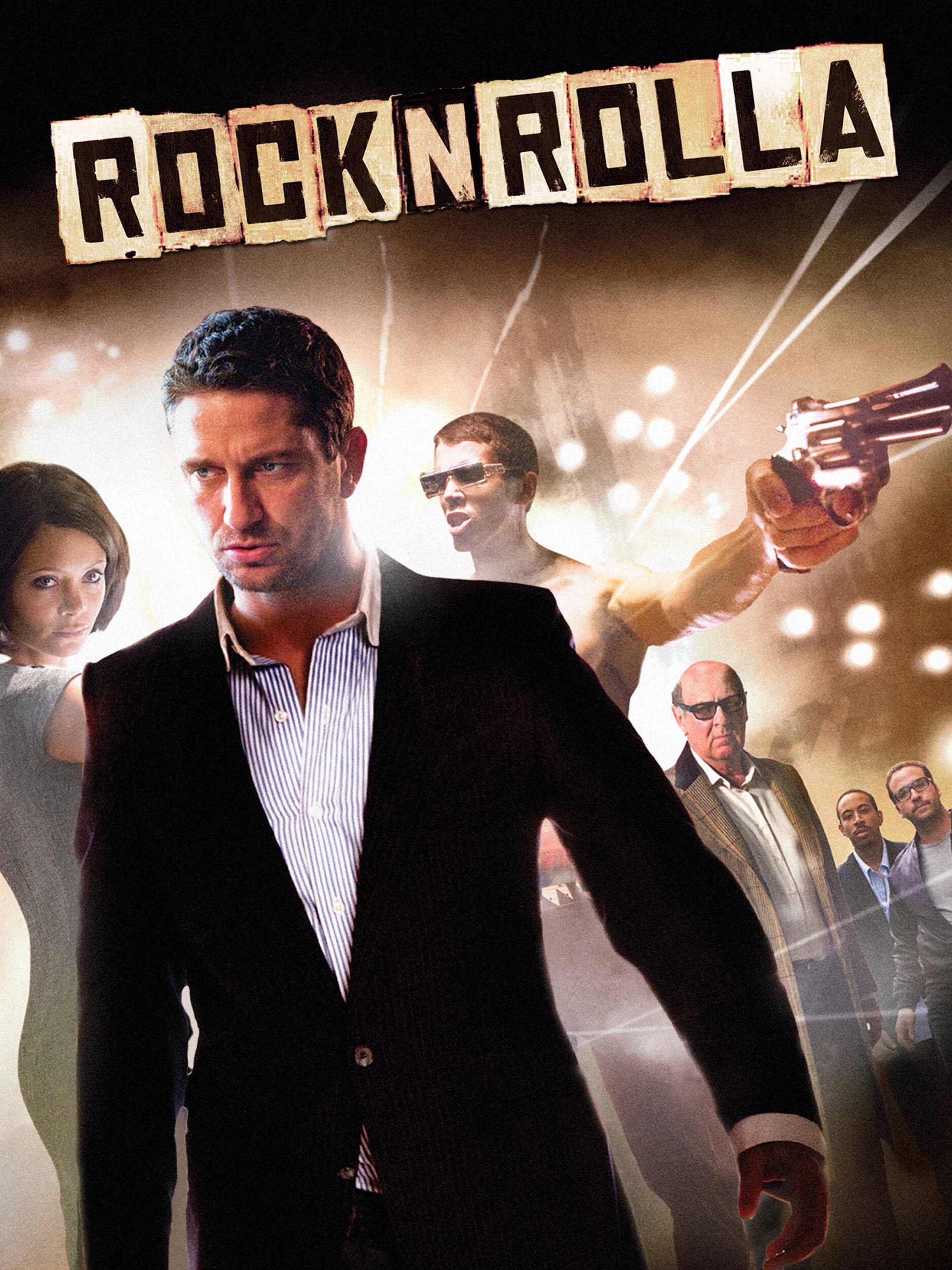Favourite director
Ridley Scott:




Favourite director
Ridley Scott:




Directors are the creative leads of the film. They hold the creative vision throughout the whole process, from pre-production through to the final edit.
My favourite director – Guy Ritchie
His movies are quick pace and entertaining and towards the end of his films the plot unfolds and everything starts to make sense.


Directors are the creative leads of the film. They hold the creative vision throughout the whole process, from pre-production through to the final edit. They are employed by the executive producer or producer, who is ultimately in charge of a production.
ext. paul thomas anderson
Director – manages the dramatic, artistic and creative aspects of the production, and direct the making of a film by visualizing the script while guiding the actors and technical crew to capture the vision for the screen.


What does a director do?
Film directors work on a movie from conception to delivery, working with individuals in charge of lighting, scenery, writing, and so forth, to make sure all elements come together. They generally don’t do post-production work, but are in charge of overseeing it. In addition to having control over nearly every aspect of the movie, film directors also have a large role in the smaller technical aspects of the film. They read over the script to make sure it makes sense, decide where the actors are going to stand, and how they will move. Directors also help actors to better understand the characters they are playing by explaining the motivation behind a particular action, or painting a clearer picture of the character’s back-story.
A director is responsible for communicating their idea to the rest of the crew in order to translate their creative vision onto the screen. From Pre-production to post-production the director gives direction throughout the whole making of the film.
Favourite Director: Kubrick and Tarantino, Kubrick’s cinematography is one of the most recognisable because of how thought out most shot is and Tarantino because he includes non-linear narratives and dark humour in his works.
Notable films: The Shining(1980), A Clockwork Orange(1971), Pulp Fiction(1994), Kill Bill(2003)
‘Directors are the creative leads of the film. They hold the creative vision throughout the whole process, from pre-production through to the final edit.
They are employed by the executive producer or producer, who is ultimately in charge of a production. Directors start with a script, and work with a screenwriter and sometimes a script editing team. It’s not uncommon for the director to be the screenwriter as well.’
source – https://www.screenskills.com/job-profiles/browse/film-and-tv-drama/development-film-and-tv-drama-job-profiles/director-film-and-tv-drama/#:~:text=What%20does%20a%20director%20do,in%20charge%20of%20a%20production.
They are responsible for bringing the material to life. They work with the writers to get a clear vision of how the production should look. They lead the production team in planning for the production, identifying filming or rehearsing schedules, casting for roles, and other aspects that need to be decided upon.
Directors provide direction to the actors to ensure that the actors understand their role and will be able to effectively convey emotions to the audience. They also manage all other crew members and communicate their expectations clearly so that everyone on the set is working towards one vision.
A film director controls a film’s artistic and dramatic aspects and visualizes the screenplay (or script) while guiding the film crew and actors in the fulfilment of that vision. The director has a key role in choosing the cast members, production design and all the creative aspects of filmmaking.[1]
The film director gives direction to the cast and crew and creates an overall vision through which a film eventually becomes realized or noticed. Directors need to be able to mediate differences in creative visions and stay within the budget.
SOURCE – WIKIPEDIA
Ground (Hannah, Molly, Matilde)
Opening and Closing Images- Open with close-up of Detective drinking coffee, Closing with Mute drinking coffee.
Inciting Incident- Detective thinks mute person is responsible for their partner’s kidnapping- (flashbacks)
First Act Break- Detective leaving their house.
Midpoint- Chase
Point of Commitment- Catches mute
All is Lost- Finds out partner is dead
Climax- Detective dies
The Resolution- Mute sits alone – cliffhanger.